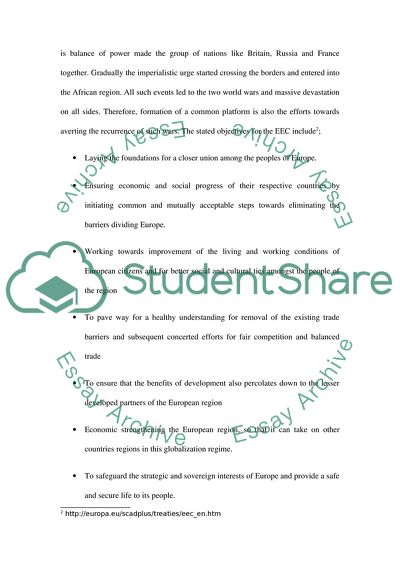Cite this document
(“The European Economic Community Essay Example | Topics and Well Written Essays - 2250 words”, n.d.)
The European Economic Community Essay Example | Topics and Well Written Essays - 2250 words. Retrieved from https://studentshare.org/miscellaneous/1554437-the-european-economic-community
The European Economic Community Essay Example | Topics and Well Written Essays - 2250 words. Retrieved from https://studentshare.org/miscellaneous/1554437-the-european-economic-community
(The European Economic Community Essay Example | Topics and Well Written Essays - 2250 Words)
The European Economic Community Essay Example | Topics and Well Written Essays - 2250 Words. https://studentshare.org/miscellaneous/1554437-the-european-economic-community.
The European Economic Community Essay Example | Topics and Well Written Essays - 2250 Words. https://studentshare.org/miscellaneous/1554437-the-european-economic-community.
“The European Economic Community Essay Example | Topics and Well Written Essays - 2250 Words”, n.d. https://studentshare.org/miscellaneous/1554437-the-european-economic-community.


